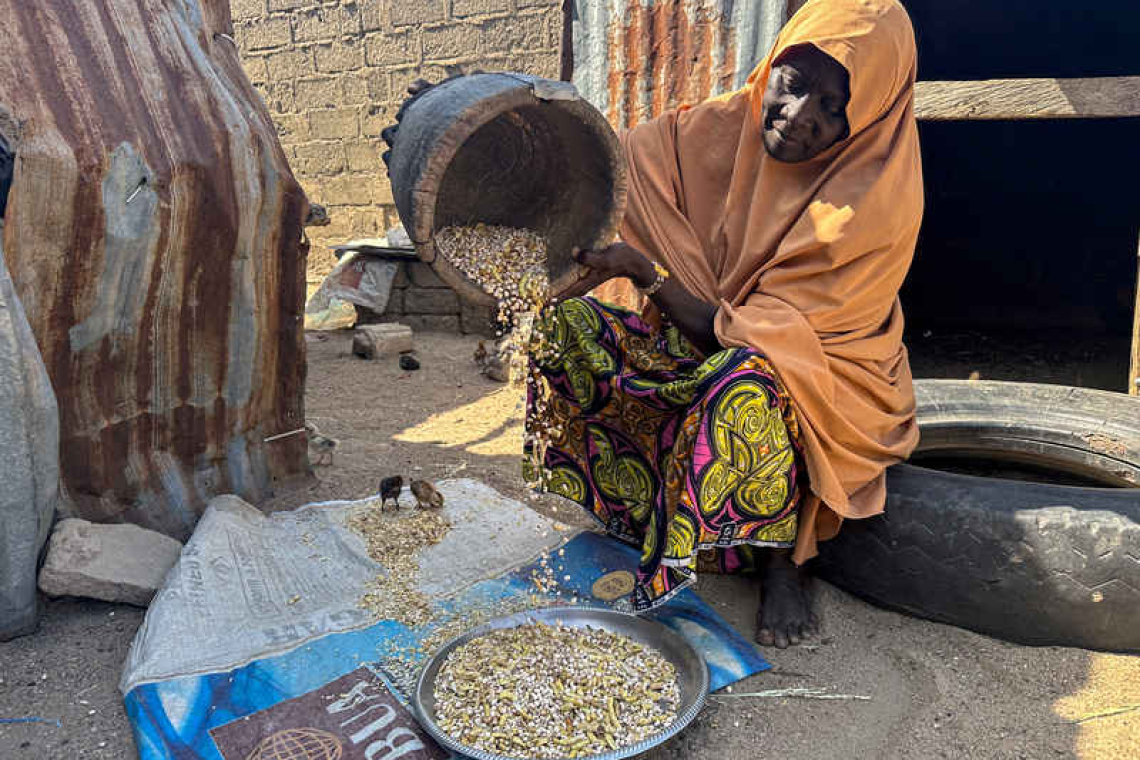GUBIO, Nigeria--Unrelenting price rises and a brutal insurgency had already made it hard for Nigerians in northeastern Borno State to feed their families. When a dam collapsed in September, flooding the state capital and surrounding farmland, many people ran out of options.
Now they queue for handouts in camps for those displaced by fighting between extremist Boko Haram rebels and the military. When those run out, they seek work on local farms where they risk being killed or raped by local bandits. "I can't even cry anymore. I'm too tired," said Indo Usman, who tried to start again in the state capital Maiduguri, rearing animals for the two annual Muslim holy days, after years of repeatedly fleeing rebel attacks in rural Borno. The flood washed that all away, driving her, her husband and their six children to a bare room at Gubio, an unfinished housing project about 96 km (60 miles) northwest of Maiduguri that has become a displacement camp.
Torrential rains and floods in 29 of Nigeria's 36 states this year have destroyed more than 1.5 million hectares of cropland, affecting more than nine million people, according to the Food and Agriculture Organization of the United Nations. Climate change is a factor, as is Nigeria's poorly maintained or non-existent infrastructure as well as vulnerabilities caused by the weakening Naira currency and the scrapping of a government fuel subsidy. The cost of staples like rice and beans has doubled, tripled or even quadrupled in a year, depending on location -- an unmanageable shock for millions of poor families.
Mass kidnappings for ransom in the northwest and conflict between farmers and pastoralists in the central belt, traditionally the nation's bread basket, have also disrupted agriculture and squeezed food supplies. Roughly 40% of Nigeria's more than 200 million people live below the international poverty line of $2.15 per person per day, the World Bank estimates. Already, 25 million people live in acute food and nutrition insecurity - putting their lives or livelihoods in immediate danger, according to a joint analysis by the government and U.N. agencies. That number is expected to rise to 33 million by next June-August.







